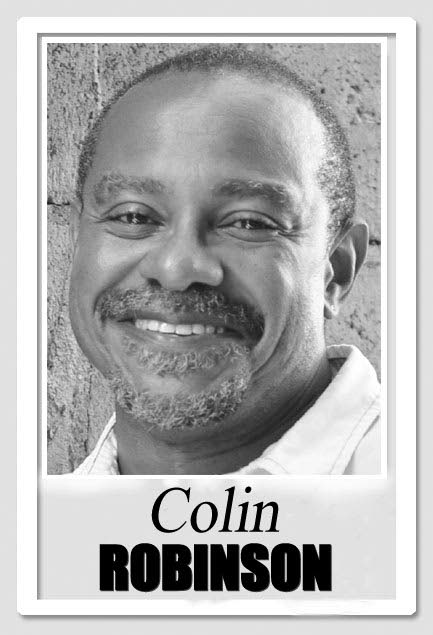Looking for a strap

I remember that time I beat my little brother. No, not beat up. Beat. Like a parent.
He was spending the year with me, after my mother’s cancer disrupted his life. He’d been sent to live with me because he was acting out. And, no surprise, that’s what he did when he came.
The white Brooklyn neighbours called the police. Were it today and were there a cellphone video, I doubt it would have occurred to anyone to post it. It wasn’t spectacular. It wasn’t different from what happens normally in dozens of homes across the country, with parents who love their children deeply.
I was frustrated. And what I am really clear about to this day is that beating him was the only solution I had. I knew no other. I could not imagine another tool, another idea for making a child behave.
The police visit was the thing that made me pause. That people — in fact the ones right next door — thought there was a different way, another set of rules. What Caribbean parent would want their flesh and blood to grow up like white American children? Yet, it did make me think if someone disapproved, there might be another code. Neither the furtive neighbours nor the intervening police gave guidance. I still don’t know what I was supposed to do if I put down the strap.
Twenty years later, I’m forced to face a different dilemma about not knowing what to do. One that’s made me recall that moment with the strap in my hand when I had to rethink love as violence.
Over the past two weeks, writing about writers, and writing about sexual predation, I’ve had to grapple with my own inertia about writers and sexual violence. My silence about a writer I honour in one of the first poems in my book. My inability to respond to his Facebook posts because I do not know how to open the conversation. My laziness to rewrite a column because a writer I want to write about I’ve suddenly discovered others have written about quite differently. So I let the deadline take the blame so I do not have to engage with what they have written. My yearning is to not know. To not be accountable.
It’s a common thing. It’s some of what is happening with the CJ. It’s why the nation (save Sheila Rampersad) stuck our fingers in our ears when the front page of a leading tabloid published what its owner thought would be ripe election-season fodder about another political leader’s sexuality. Some things we decide we don’t want to have to know. So we need them to remain gossip and hearsay.
I was haunted enough this week by my silence to reach out to another writer friend. One I write about often; but not the one I wrote I’d hit. He once decided to call out family and other writers in his poems over gender-based violence. It was to his inbox I’d sent the thing I couldn’t bring myself to say to the other writer.
Well, people said he’d done this thing, but the same people who said it seem to be good with him now. So I guess it’s all good. Er, no, I never asked.
Yeah, like the woman who went back to her husband. It was all good till she was all good and dead.
Pull Up Yuh Bredren goes the slogan developed by men in the project I wrote the proposal to fund. It’s a call to men to hold each other responsible for gender-based violence. To call each other up.
I don’t know how to do that.
I can’t find the strap to. I don’t know what to pull on. Part of that is a lifetime of anxiety about being let into manhood, and still not having a hold on how to grab the bro code, like my crotch, and pull a brother up.
I had a date this week. He felt really comfortable with me. We talked about sex. We talked about relationships. And there all of a sudden I was sitting across from this dude telling me this proud story about the time he beat up his boyfriend.
I don’t think I want to hear the end of that story.
He didn’t hear me. I did.
I still can’t find a strap. But I know that I have to pull.
Maybe all we need is words. They don’t have to be magical. They can be small. So these words are trying to find a way to be braver. To not stand there again, bereft of a strap, not having a tool to change behaviour, or to show love.


Comments
"Looking for a strap"